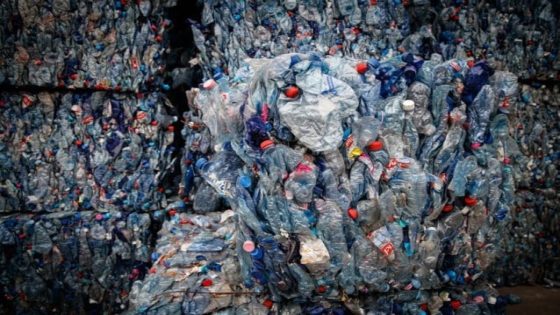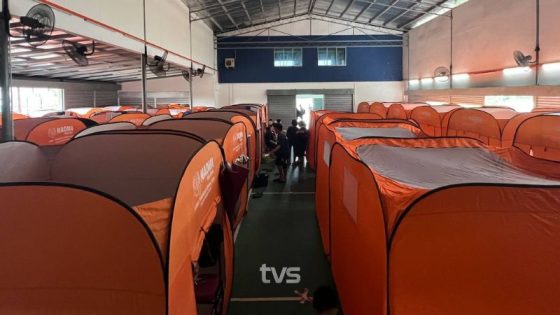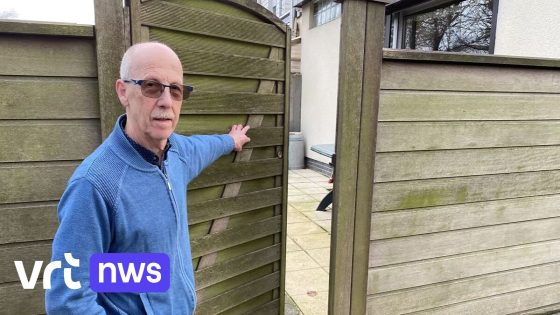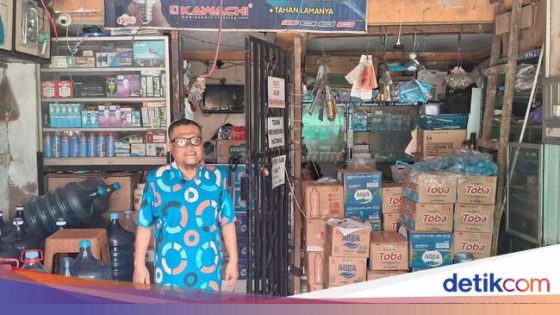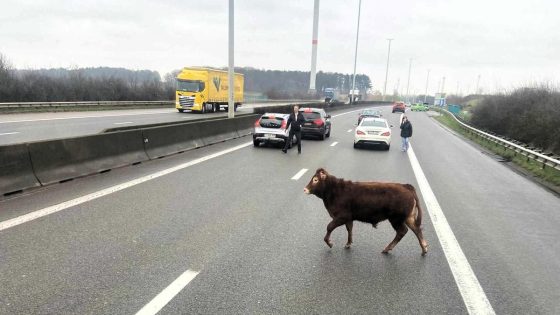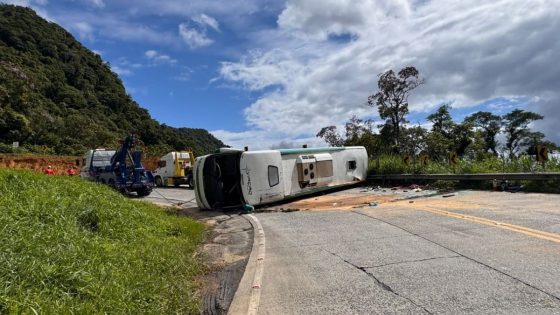On February 25, 2025, Fost Plus reported a concerning rise in sorting errors for blue bags in Belgium. With 14% of collected waste incorrectly placed, the organization emphasizes the need for better recycling practices. What does this mean for our environment and recycling efforts?
- Fost Plus reports increased sorting errors.
- 14% of collected waste is misclassified.
- Batteries and electronics wrongly placed in recycling.
- Advanced technology used in sorting centers.
- PreZero center processes 83,000 tons annually.
- Human workers face risks from hazardous waste.
The Rising Challenge of Sorting Errors in Belgium’s Recycling System
Are we becoming careless with our recycling habits? The recent report from Fost Plus indicates that many Belgians are mistakenly placing non-recyclable items into their blue bags. This not only hinders the recycling process but also increases operational costs significantly. How can we improve?
The Impact of Improper Waste Disposal on Recycling Efforts
The surge in sorting mistakes is troubling for Belgium’s waste management system. Items like batteries, electronics, and toys are frequently found in blue bags meant for recyclable materials. This mismanagement complicates the processing at advanced facilities like PreZero Recycling Belgium.
Understanding Sorting Technologies Used in Belgium
Belgium employs cutting-edge technology to enhance its recycling capabilities:
- Windshifters: Separate lighter materials from heavier ones.
- Ballistic separators: Sort items based on shape and size.
- NIR devices: Identify different types of plastics using near-infrared light.
- Robotic assistance: Aid manual sorting to reduce contamination risks.
The Human Element: Workers’ Role in Recycling Facilities
Around 100 employees work at PreZero Recycling Belgium, ensuring efficient operations despite potential hazards from dangerous waste. Their role is crucial as they manually inspect sorted materials to maintain quality control during processing.
The Future of Recycling: Community Responsibility
The responsibility lies not only with waste management companies but also with individuals. By understanding what belongs in blue bags, we can collectively improve recycling rates and protect our environment. Are you doing your part?



